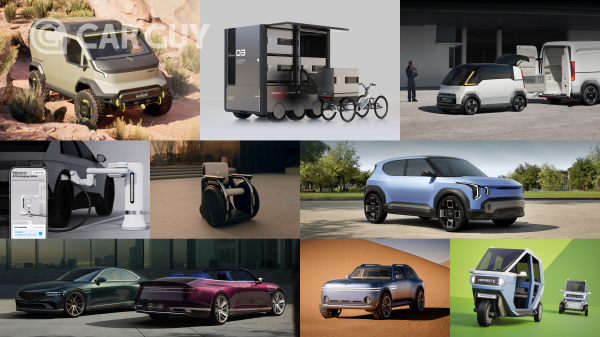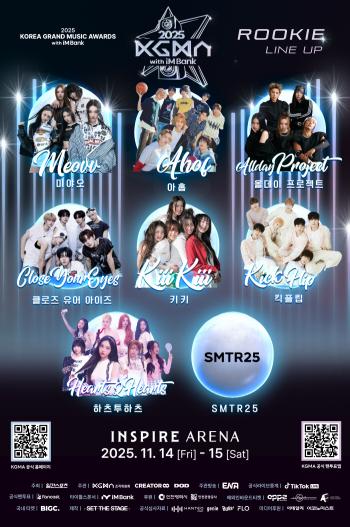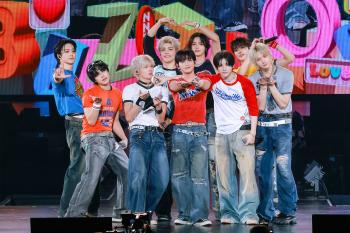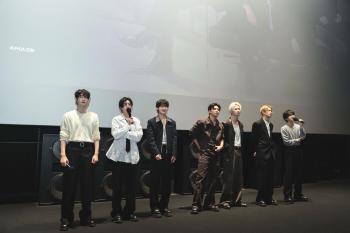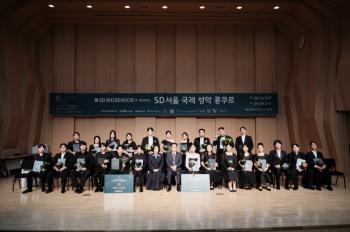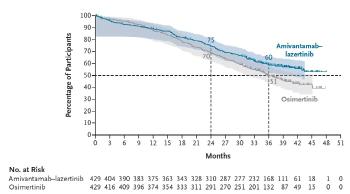Hyundai Motor and Kia won a total of 11 concept designs, including two of the "2025 Red Dot Awards."
Jul 23, 2025
|
Hyundai Motor and Kia announced on the 21st (Mon) that they won 11 awards, including two best of the best and nine winners, at the "2025 Red Dot Awards: Concept Design 2025.
The Red Dot Award, organized by the German Nordrhein Westfalen Design Center, is one of the world's top three design awards and selects excellent designs by dividing them into product design, brand and communication design, and design concept every year.
In the concept category announced this time, Hyundai Motor and Kia won the top prizes in autonomous and automotive and motor cycles respectively with the ▲ City-Pod and Urban-Pod ▲ PV5 Weekender Concept.
Hyundai's ▲ City-Pod and Urban-Pod are future logistics systems introduced at CES and ADEX 2023, respectively, last year. It is an innovative transportation solution that focuses on implementing smart cities and can be tracked in real time by applying cutting-edge technologies such as digital twins and autonomous driving, and can be used for various purposes not only in industrial sites but also in customers' daily lives.
Kia's ▲ PV5 Weekender (WKNDR) concept is a multi-purpose EV van that presents a free outdoor lifestyle. By applying a modular concept, indoor and outdoor can be flexibly changed, and it is equipped with its own energy solutions such as solar panels to present a sustainable journey to customers. In addition, lift-up bodies and off-road tires enable dynamic driving even on rugged terrain.
In addition, Hyundai Motor and Kia won a total of nine main awards for their excellent conceptual design that shows new possibilities.
Genesis ▲ X Gran Coupe and X Gran Convertible won the main awards in automotive and motorcycle fields for designs that maximize Genesis's design philosophy of 'Athletic Elegance'. To mark the 10th anniversary of the brand's launch, Genesis unveiled the world's first two concept vehicles at the Seoul Mobility Show in April, suggesting a new possibility of a flagship sedan.
Genesis ▲ X Gran Equator also won the main prize. The X Gran Inquirer, which was first unveiled in April this year at the Genesis House New York in Manhattan, New York, embodies a refined image by harmonizing conflicting elements.
The Kia ▲ PV1 ▲ PV5 ▲ PV7 concept won the main prize with a design optimized for the use environment. The ▲PV1 concept, a small PBV, is an optimized model for short-distance logistics transportation, and it is possible to minimize the radius of rotation even in a narrow space by applying a driving module in which each of the four wheels moves. The ▲PV5 concept features a flexible space design that encompasses both passenger and logistics movements on the premise of using vehicles as a mobile workplace. The ▲PV7 concept is designed in consideration of practicality and premium services while allowing multi-in boarding and large-capacity loading with large-scale electric mobility.
The ▲EV2 concept, which was unveiled at 'Kia EV Day' earlier this year, also won the main prize. The EV2 is a small SUV model that focuses on Kia's know-how in electric design. It also combines practicality by applying multi-purpose interiors that can cope with various lifestyles, vehicle-to-load (V2L), and OTA.
Hyundai Motor's ▲ Nanomobility and ▲ Micromobility were also listed as winners of the main award.
▲Nano Mobility, unveiled at Pleos 25 in March this year, has a simple structure with an in-wheel motor and aims for Purpose Built Mobility. Targeting the Indian market, the ▲ Micromobility E3W and E4W boast compact sizes suitable for complex local road conditions, and the flat floor and long wheelbase enhance the convenience of passengers. In addition to
, Hyundai Motor and Kia Robotics Lab's ▲ Electric Vehicle Automatic Charging Robot Service also won the main prize in service design. The electric vehicle automatic charging robot service is an automated service that self-determines the parking state of the vehicle and starts charging, allowing users to conveniently monitor the entire charging process in real time without getting out of the vehicle.
A Hyundai Motor and Kia official said "The employees' persistent concerns about Hyundai Motor and Kia's sustainable future and the design philosophy of each brand were combined to achieve high performance."We will continue to work to ensure that differentiated mobility experiences reach our customers."
Editor Song Moon-cheol mc.song@carguy.kr
This article was translated by Naver AI translator.
